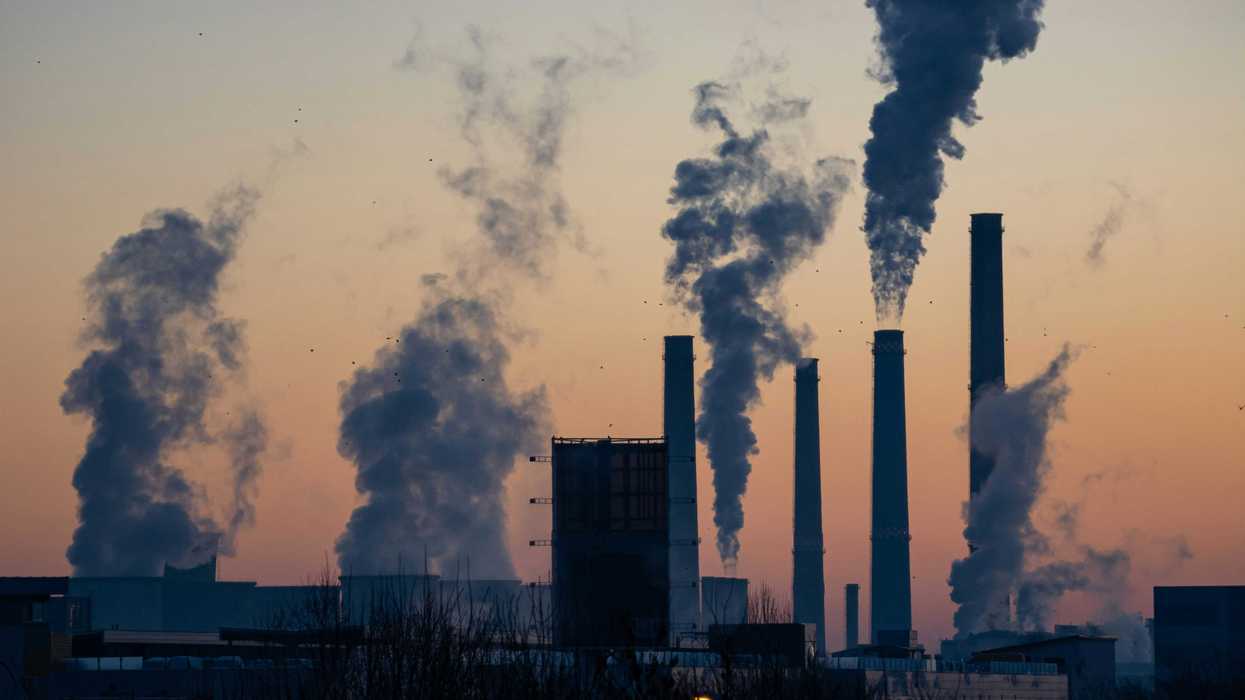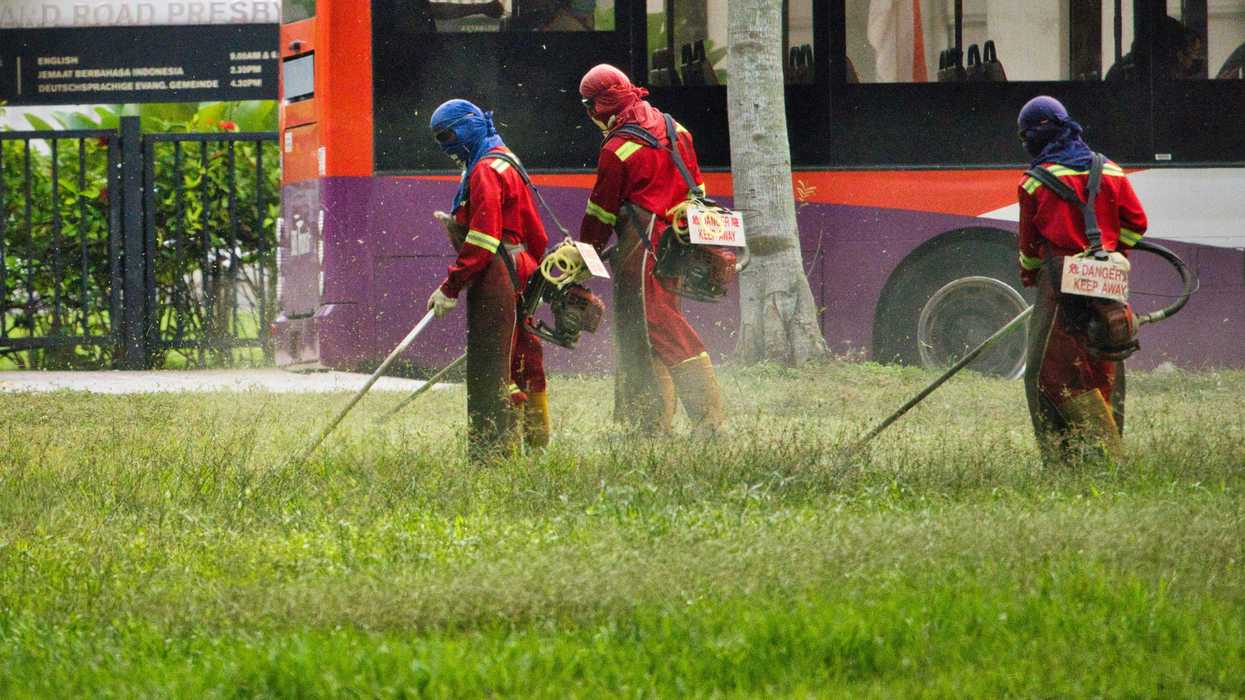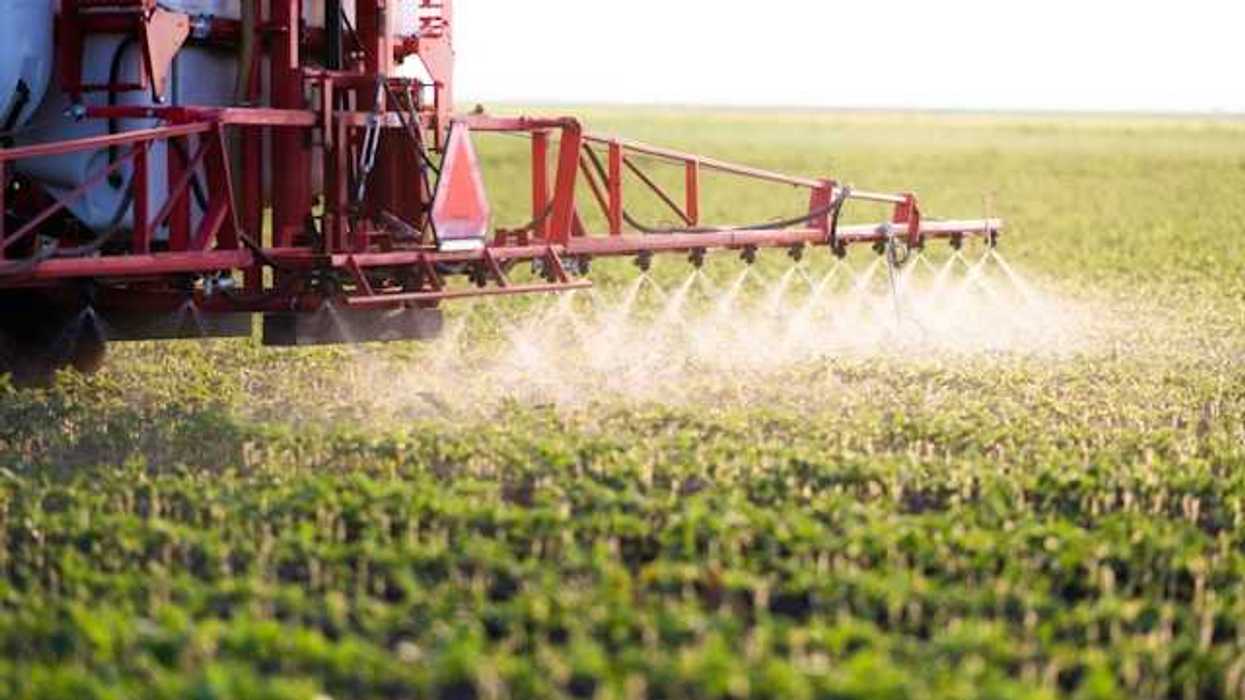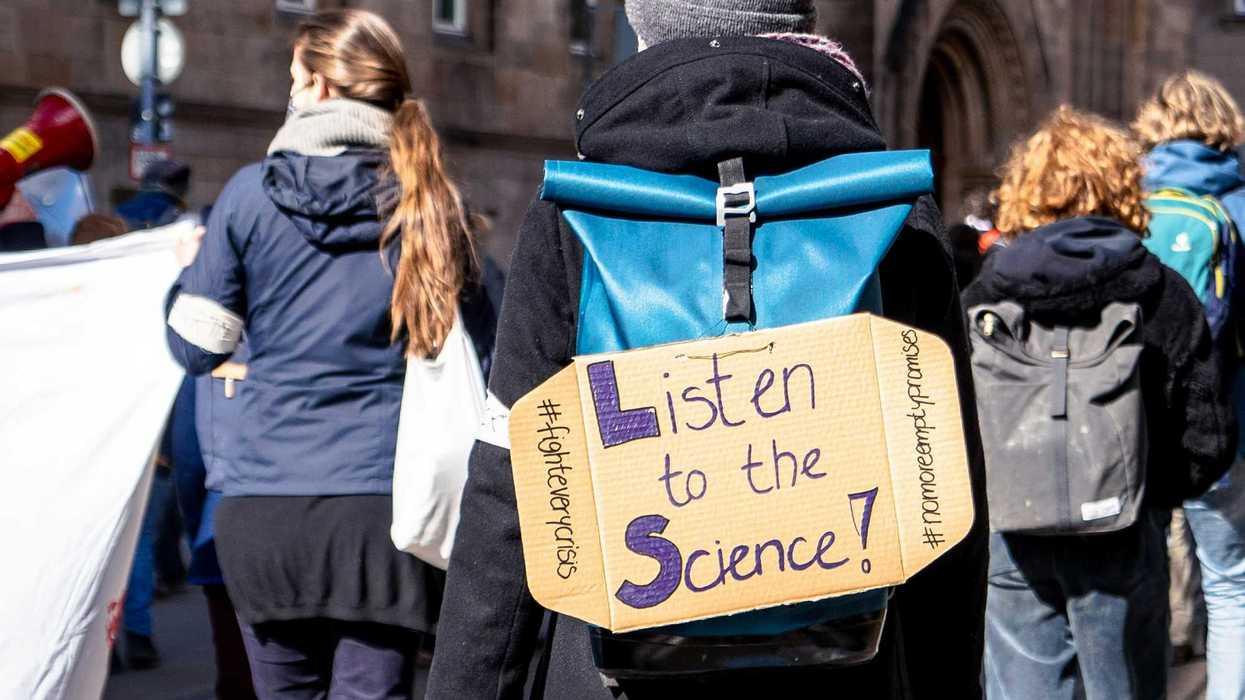Asia’s informal waste workers, such as waste pickers, play a critical role in plastic recycling, yet face poor conditions and lack of recognition in their efforts to reduce the region's vast plastic pollution.
Annerieke Douma writes for Mongabay.
In short:
- Southeast Asia produces more than half of the world’s ocean plastic due to weak waste management systems, but informal workers recycle 60% of plastics in some areas.
- Initiatives in Indonesia and India are integrating informal workers into formal systems to boost recycling, offering better wages, healthcare and social protections.
- Collaborative efforts between governments, companies and NGOs are key to scaling up recycling operations while improving conditions for informal workers.
Key quote:
"It’s clear that Asia’s informal waste workers are indispensable, and their rights and livelihoods must be protected.”
— Annerieke Douma, Director of Programs for The Circulate Initiative
Why this matters:
Informal waste workers are vital to reducing plastic pollution but often lack basic rights. Protecting their livelihoods and improving their working conditions are essential to scaling up sustainable recycling systems across Asia.
Learn more: Plastics industry’s support for waste pickers is often superficial














